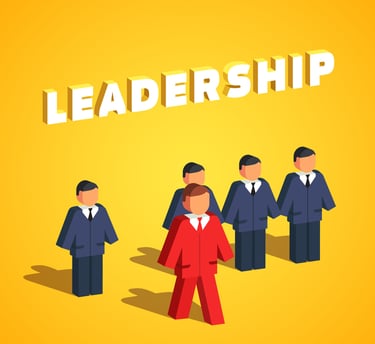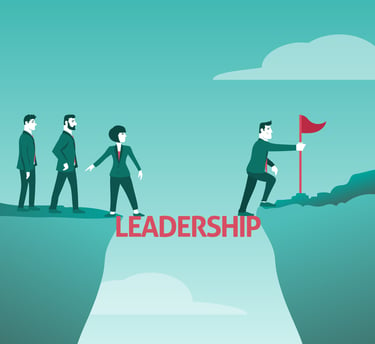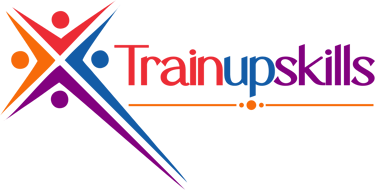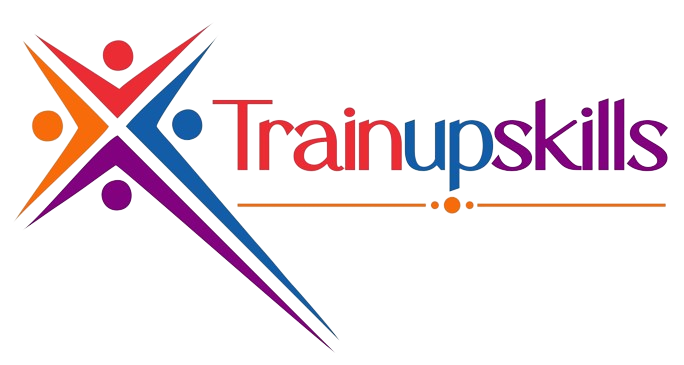
Leadership development is a continuous process that involves enhancing an individual’s ability to guide, influence, and inspire others towards achieving common goals. It’s not just about acquiring skills but also about fostering the right mindset and values that align with effective leadership.
Let’s delve into each of the key areas for leadership development:
Decision-making: Effective decision-making involves a blend of analytical thinking, intuition, and strategic foresight. Leaders must consider various factors, such as data, stakeholder perspectives, and organizational goals. A robust decision-making process includes defining the problem, gathering relevant information, evaluating alternatives, and committing to a course of action. Leaders who master this skill inspire confidence and drive positive outcomes.
Listening and empathy: Exceptional leaders actively listen to their team members. They create an open space where employees feel heard and understood. Empathy—putting oneself in others’ shoes—builds trust and rapport. Leaders recognize that everyone has unique experiences and emotions. By empathizing, they foster collaboration, resolve conflicts, and address individual needs. Empathetic leaders not only hear words but also perceive underlying feelings, leading to stronger connections.
Empowering individuals: Effective leaders empower their teams. They delegate authority, allowing team members to take ownership of tasks. Autonomy fosters creativity and innovation. Leaders provide clear expectations, resources, and support, enabling individuals to excel. They recognize and celebrate achievements, reinforcing a sense of accomplishment. Empowered employees contribute more actively, leading to organizational growth.
Openness to new ideas: Forward-thinking leaders embrace change and innovation. They encourage curiosity, experimentation, and learning. By staying receptive to diverse viewpoints, they avoid stagnation. Leaders create an environment where novel ideas are welcomed, even if they challenge the status quo. They promote continuous improvement, adaptability, and a growth mindset. Openness to new ideas fuels organizational resilience and competitiveness.
Emotional intelligence: Leaders with emotional intelligence can recognize and manage their emotions. This self-awareness helps them navigate challenges and maintain composure. Emotional intelligence enables leaders to build strong connections with their teams. By being attuned to others' feelings, they create positive work environment. Trust, collaboration, and loyalty thrive when leaders exhibit emotional intelligence.
Leadership Workshops
“The training covers strategic vision and goal setting, personal branding for leaders, networking and relationship building, and leading with purpose.”


Elevate Excellence






Winning Wisdom
Leading Change
Pinnacle Pathways
“The training covers building resilience, conflict resolution, decision-making under pressure, and leading high-performing teams.”
“The training covers change management strategies, influencing organizational culture, navigating uncertainty, and communication during transitions.”
“The training covers self-awareness and emotional intelligence, time management for leaders, effective delegation, and leading by example.”


